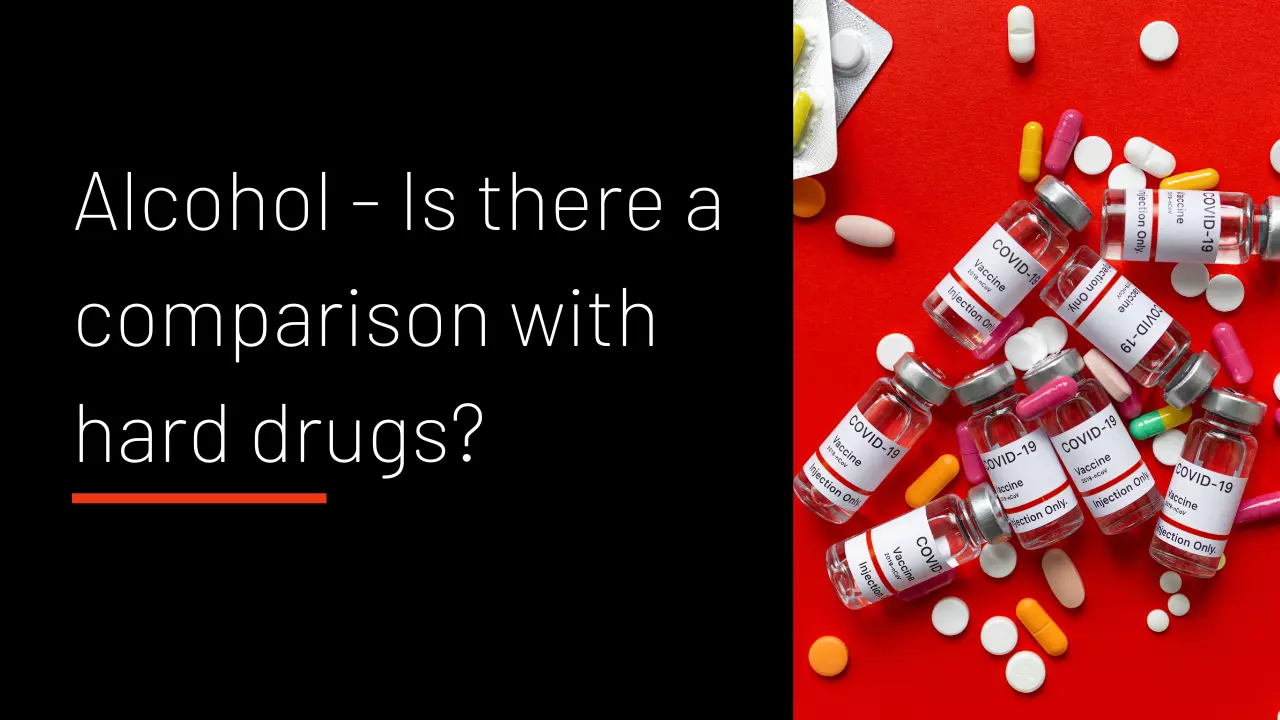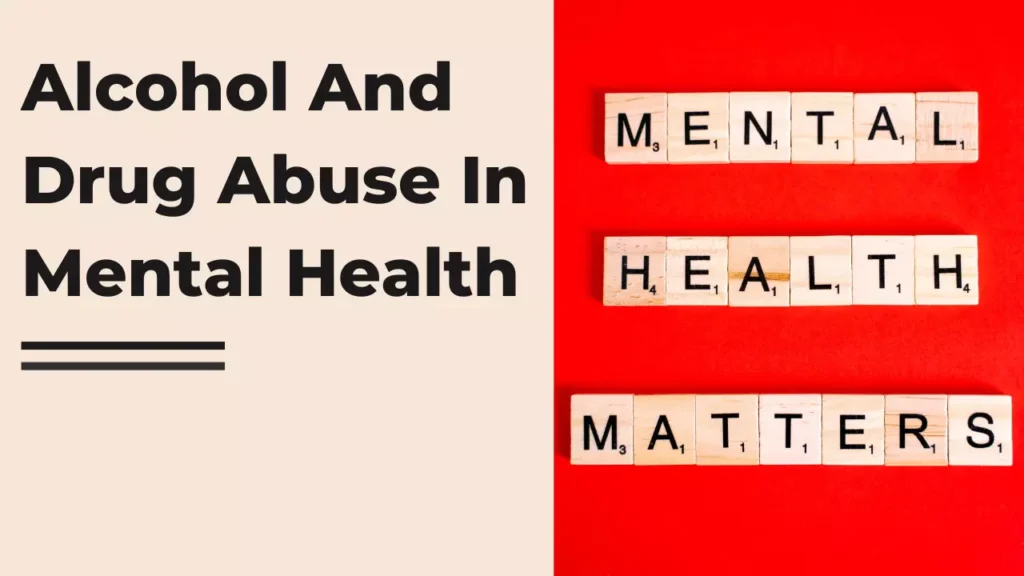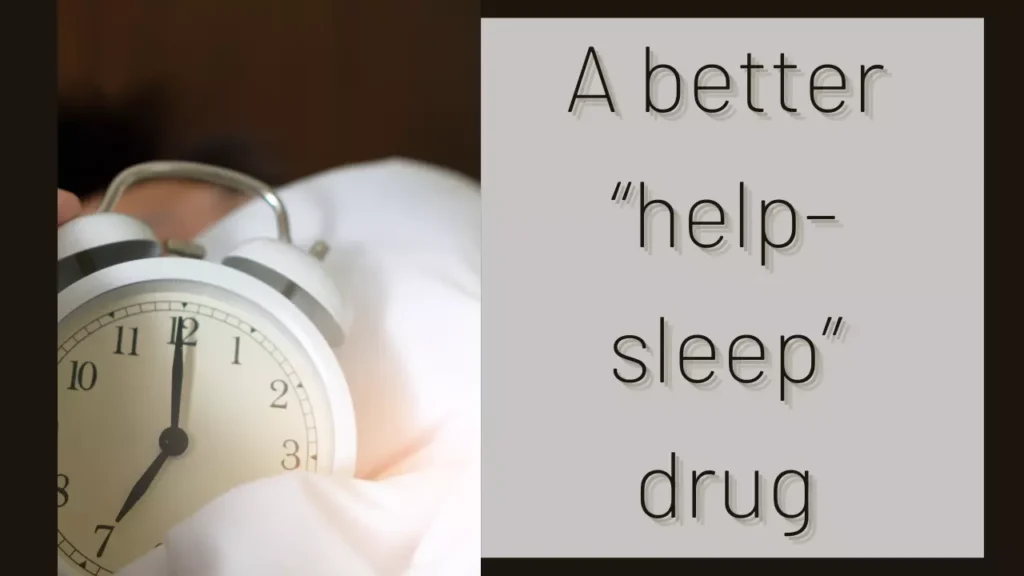
In today’s society, discussions about substance use often revolve around the distinctions between socially accepted substances, like alcohol and illicit drugs commonly labeled as “hard drugs.” This article explores the similarities and differences between alcohol and hard drugs, shedding light on the complexities surrounding their consumption.
Understanding the Basics
Alcohol vs. Hard Drugs: An Overview
Alcohol and hard drugs are substances that alter the mind and body, but they exist on different ends of the legality spectrum. While alcohol is legal and widely consumed, hard drugs, such as cocaine, heroin, or methamphetamine, are typically illegal due to their potential for harm.
Chemical Composition and Effects
Alcohol, in its various forms, is ethyl alcohol, a psychoactive substance that acts as a central nervous system depressant. Hard drugs, on the other hand, often have specific chemical structures that result in more potent and diverse effects on the brain and body.
Social and Legal Dimensions
Legal Status and Regulation
Alcohol is subject to strict regulations, with legal age limits and restrictions on its sale and distribution. In contrast, hard drugs are strictly prohibited, leading to severe legal consequences for their possession and use.
Social Acceptance and Stigma
Despite its legal status, alcohol is not without its share of controversy. Societal norms often dictate its acceptable use, but excessive drinking can lead to social stigma. Hard drugs, however, carry a more pronounced societal stigma due to their illegal nature and associated dangers.
Health Impacts
Physical Health Consequences
Both alcohol and hard drugs can have detrimental effects on physical health, ranging from liver damage and cardiovascular issues to respiratory problems and infectious diseases. The severity of these consequences often depends on the frequency and quantity of substance use.
Addiction and Dependency
Alcohol and hard drugs share the potential for addiction, causing users to develop a dependence on these substances. However, hard drugs are often considered more addictive and have a higher risk of dependence due to their potent nature.
Psychological Effects
Cognitive Impairment
Alcohol and hard drugs affect cognitive function, leading to impaired judgment, memory loss, and diminished motor skills. However, the degree of impairment varies, with hard drugs generally causing more severe cognitive deficits.
Mental Health Impact
Both alcohol and hard drugs can contribute to mental health issues, including anxiety, depression, and psychosis. The co-occurrence of substance use and mental health disorders is a significant concern in both cases.
Economic and Societal Costs
Healthcare Burden
The use of alcohol and hard drugs places a significant burden on healthcare systems, with costs associated with medical treatment, rehabilitation, and social services. Alcohol-related issues, given its legal status, contribute substantially to healthcare expenses.
Criminal Justice Costs
The criminalization of hard drugs results in substantial costs related to law enforcement, legal proceedings, and incarceration. Alcohol-related offenses, while also incurring legal costs, are generally less severe due to their legal status.
Intervention and Treatment
Rehabilitation Programs
Both alcohol and hard drug users may benefit from rehabilitation programs, but the approach can differ. While alcohol rehabilitation is more commonly accepted and integrated into mainstream healthcare, hard drug users often face a more complex rehabilitation journey, including legal challenges.
Harm Reduction Strategies
Harm reduction strategies are crucial in addressing both alcohol and hard drug use, emphasizing education, prevention, and support services. However, the stigma surrounding hard drugs sometimes hinders the widespread acceptance of harm reduction initiatives for this category of substances.
A Nuanced Perspective
In conclusion, while alcohol and hard drugs share certain similarities in their potential for harm and impact on health, the legal, social, and cultural contexts surrounding these substances differ significantly. The comparison between alcohol and hard drugs is not a simple black-and-white matter, and discussions around substance use should take into account the nuanced complexities involved.
As society continues to navigate the challenges associated with substance use, fostering open dialogues and implementing evidence-based policies becomes paramount. Addressing the unique characteristics of each substance, acknowledging the legal framework, and promoting education are crucial steps toward a more informed and comprehensive approach to substance use issues.
Online Resources for Substance Use Support and Information
Explore a curated list of online products and services designed to offer support, information, and assistance related to alcohol and hard drug issues. Whether seeking rehabilitation programs, legal advice, or community support, these resources cover various aspects of the complex topic of substance use.
- Alcohol Rehabilitation Programs
- Explore Recovery.org for comprehensive information on alcohol rehabilitation programs, offering support and guidance for individuals seeking recovery.
- Hard Drug Intervention Services
- Connect with SAMHSA’s National Helpline for assistance and resources related to hard drug intervention and treatment services.
- Harm Reduction Resources
- Access harm reduction tools and information on Harm Reduction International, a platform dedicated to promoting evidence-based strategies for minimizing the negative consequences of substance use.
- Legal Advice for Substance Issues
- Seek legal guidance on alcohol and drug-related matters from LegalMatch, where experienced attorneys can provide assistance tailored to your specific situation.
- Online Support Communities
- Join online communities such as SoberRecovery to connect with individuals navigating the challenges of alcohol and hard drug recovery, offering support and shared experiences.
- Educational Resources on Substance Use
- Access educational materials and resources on NIDA – National Institute on Drug Abuse, providing evidence-based information on the science of drug use and addiction.
- Teletherapy for Mental Health Support
- Consider BetterHelp for online teletherapy services, offering mental health support for individuals dealing with the psychological impacts of alcohol or hard drug use.
- Alcohol and Drug Policy Advocacy
- Stay informed about alcohol and drug policies globally through Transform Drug Policy Foundation, an organization dedicated to promoting effective and humane drug policies.
These online products and services cater to different aspects of the topic, providing valuable resources, support, and information for individuals, families, and communities dealing with alcohol and drug-related issues.



